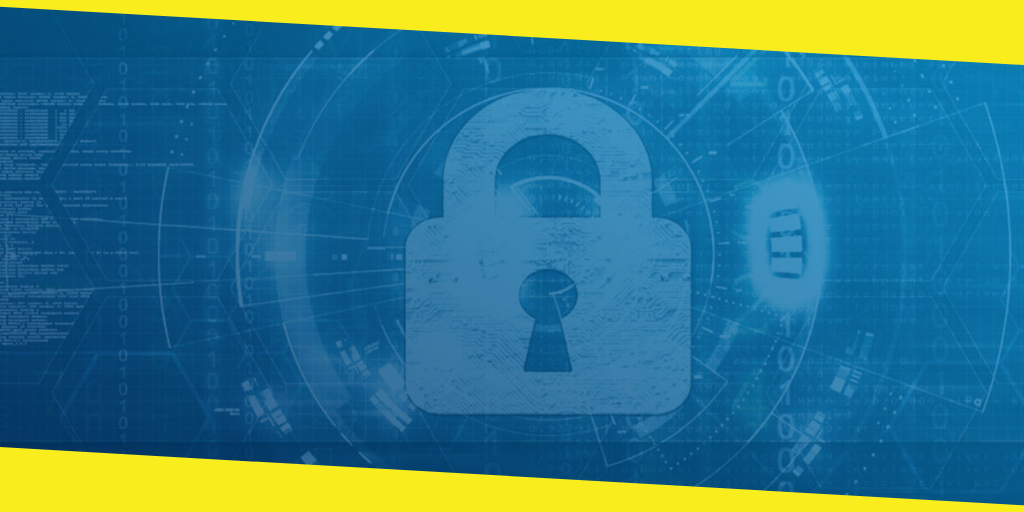Why Cybersecurity Cannot Be Ignored When Starting a Private Equity Firm
This post was last updated on November 20th, 2019

Starting a private equity firm is not a small endeavor. Many steps need to be taken, but it’s likely that focusing on building up IT infrastructure and digital security is not a high priority. While it is possible to hobble along in the short term with a temporary IT solution, it will make future scalability very challenging. More importantly, however, failing to focus on digital security will expose the firm to a significant risk of data being stolen or lost.
Consequences of Ignoring Cybersecurity
Private equity firms can deal with a significant amount of nonpublic, actional information – often in the form of deals to buy out existing companies. This information is precious. When a company is bought out on the public stock market, the stock is typically purchased at a premium, meaning having advance knowledge could potentially create millions in revenue.
It comes as no surprise that over 70% of private equity firms have had at least three cybersecurity breaches each year since 2016.
Read more here about how to start a private equity firm.
The insider information that these firms deal with is so valuable that entities looking to get their hands on it are willing to stoop to illegal means to do so. Knowing that this risk exists, it makes it crucial for private equity firms to invest in the IT infrastructure to build out robust systems and tested plans to deal with any information leaks. Unfortunate, there is no magic bullet for IT infrastructure. Solutions need to be firm-specific, and this means complicated implementations.
The employees at private equity firms often spend a significant amount on the road for a variety of reasons, but the inconsistent location is a huge security risk. It’s hard to trace where employee devices will connect from and whether networks are secure, so cybersecurity measures may have to be tailored for individual devices.
The fact that these employees deal with information intended for investors means that there is no barrier to understanding them – such as complicated financial plans or data types.
The issue of digital security is not an unknown problem. In April 2019, the SEC’s Office of Compliance Inspections and Examinations (OCIE) released a formal Risk Alert on notable deficiencies among financial institutions on safeguarding key information.
The report documents deficiencies ranging from poor management of customer information to common system vulnerabilities. More importantly, the alert demonstrates that the majority of the financial industry has fallen behind in their IT systems. You should not make the same mistake.
Start IT Infrastructure Off on the Right Foot
To combat the growing cybersecurity risks, many private equity firms are devoting a larger percentage of their budget towards IT. For many firms, this expenditure is spent on a combination of updating systems, creating new protocols, and educating their staff. For a new private equity firm, this is an opportunity to start on the right foot by orienting their IT systems in a way that is amenable to future overhauls and updates.
However, creating a best-in-class IT solution is expensive. An easy solution is to outsource IT operations to an external vendor who is proven in the space. It eases the headache of hiring top staff and vetting them to ensure they are trustworthy – a reputable firm would do all of this in-house. Agio, an IT infrastructure and digital security expert, is a firm that has devoted significant focus to working with cutting edge digital security systems.
In response to OCIE’s Risk Alert, Agio updated their cybersecurity mock audit service to include the stringent specifications that the SEC looks for. Agio’s service simulates a real-world audit situation by diving deep into the same areas a regulatory agency would look at.
Qualified IT Vendors Could Be the Solution
Starting a private equity firm is not easy, and the additional requirement of keeping data secure is another headache. Fortunately, outsourcing IT operations to a qualified vendor can prove to be secure and easy to work with.
For most new firms, it doesn’t make sense to focus so much effort on growing a top-talent in-house IT team when a much easier solution exists. In terms of risk, working with a third-party IT vendor could also potentially shift liability for data leaks away from the firm onto the vendor.
You may like this
Recommended For You
How Can Digital Tokens Be Quickly Speculated Upon?
Most Inside
Most Inside offers high-quality recommendations and valuable updates to enhance all aspects of your life, providing premium guidance and enriching experiences.




